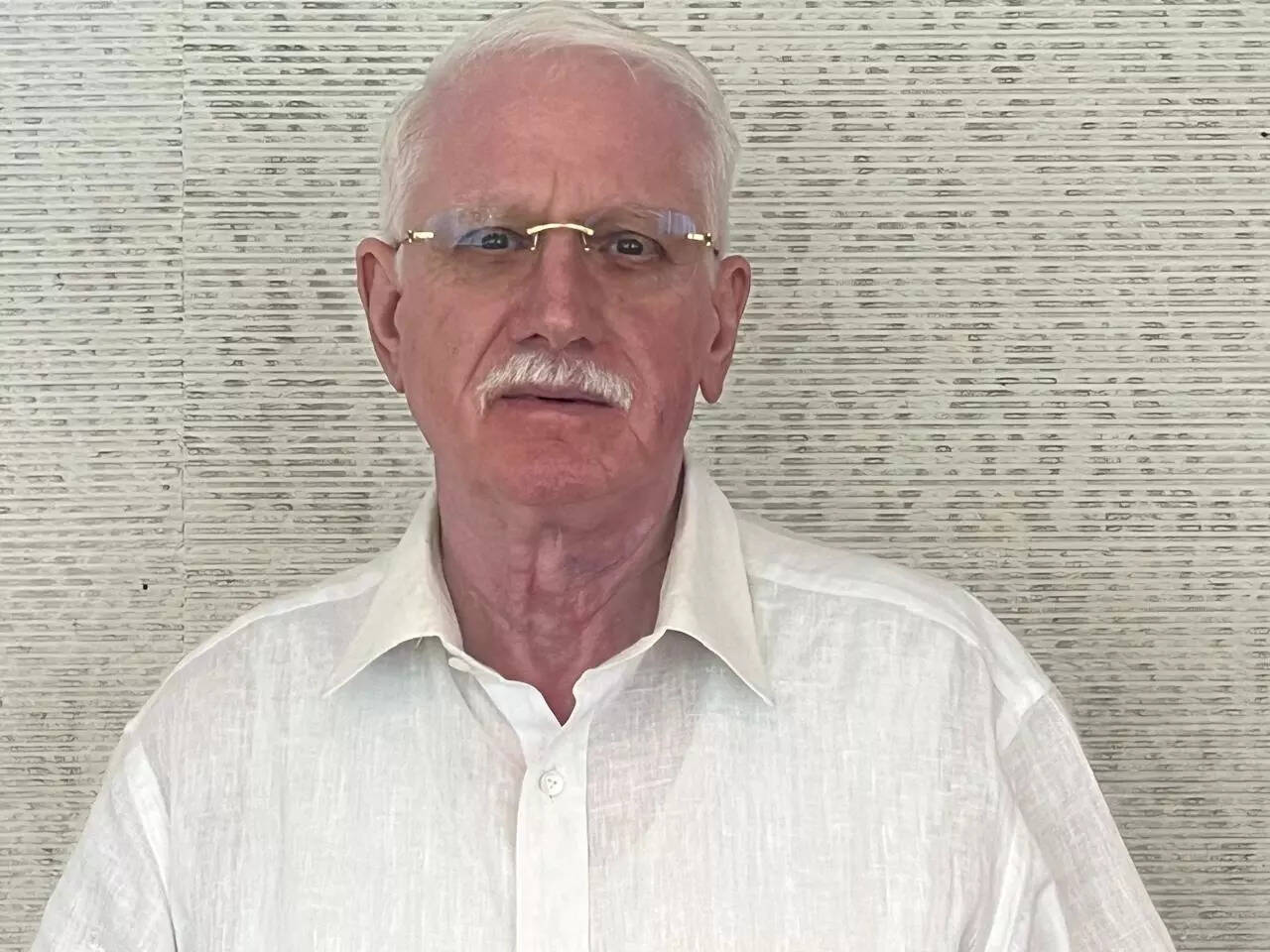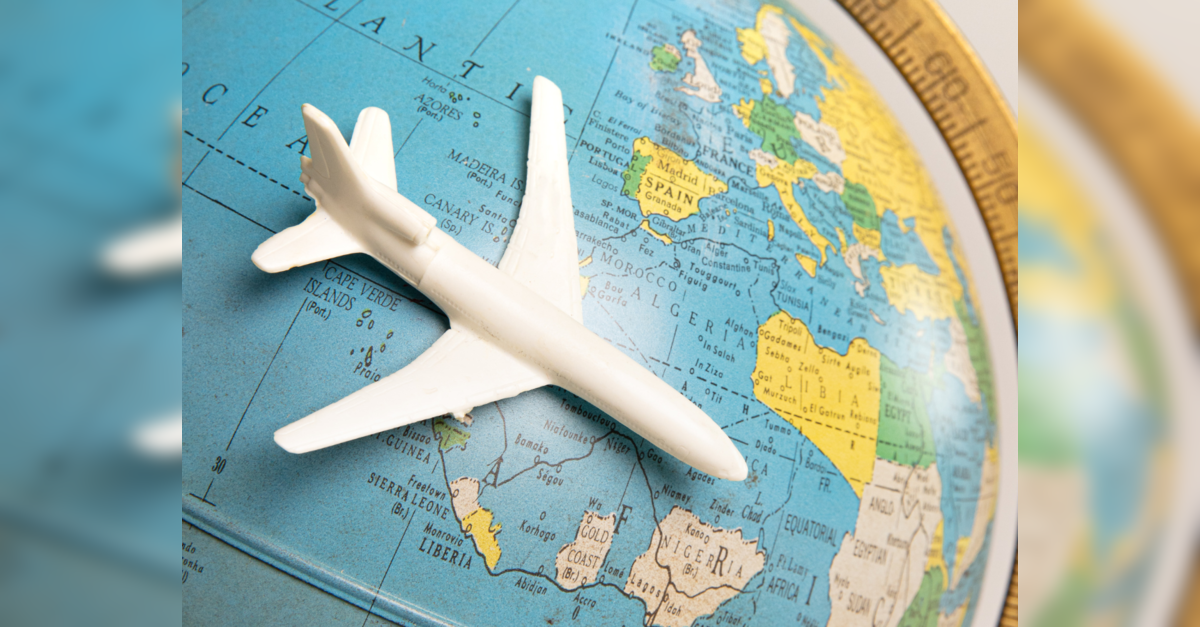
Every year, World Tourism Day is more than just a celebration of global travel, it’s a call to reimagine how tourism can evolve to serve people, the planet, and prosperity. In 2025, as India prepares for one of its most significant festive travel seasons, the opportunity to align tourism growth with sustainable transformation has never been greater.
From rising traveler aspirations to regional mobility expansion and digital acceleration, we are witnessing a tourism shift that is both expansive and deeply introspective. It asks not just where we are going, but how we are getting there, and what kind of impact we’re leaving behind.
The global sustainable tourism market size was estimated at USD2.73 trillion in 2023 and is projected to hit around USD9.17 trillion by 2032, registering a CAGR of 14.40 per cent during the forecast period from 2023 to 2032. The sustainable tourism market size in India was valued at USD26.01 million in 2022 and is anticipated to reach USD151.88 million by 2032, with a rapid CAGR of 19.3 per cent from 2022 to 2032.
The Ministry of Tourism has undertaken multiple initiatives to position India as a global leader in sustainable and responsible tourism. The National Strategy for Sustainable Tourism 2022, provides a roadmap to ensure resilience, inclusion, carbon neutrality, and resource efficiency while protecting environmental and cultural heritage, with the goal of contributing USD 1 trillion to India’s GDP by 2047.
With the government actively championing sustainable and responsible tourism, India’s travel industry is dynamically evolving to embrace these priorities while shaping new travel patterns. Below are some of the key trends which are driving this transformation in India.
1. Festive travel as a catalyst for local economies
India’s peak travel season, from Durga Puja to Diwali, mobilizes millions across the country. Increasingly, this travel isn’t just metro-centric. Destinations such as Khatushyam Ji (Rajasthan) and Omkareshwar (Madhya Pradesh) are emerging as spiritual tourism hubs, reflecting a growing preference for regional, culturally rooted journeys.
These shifts contribute to decentralized tourism growth, distributing income to Tier 2 and Tier 3 towns and boosting local economies, a core tenet of sustainable tourism.
2. Digital infrastructure is enabling low-impact, high-access travel
As travel behavior becomes more tech-forward, we are seeing expanded use of digital booking, UPI-based payments, and mobile-first experiences across urban and rural corridors alike. These tools not only simplify travel but also reduce reliance on paper, physical touchpoints, and inefficient legacy systems, shrinking the carbon and administrative footprint of travel.
A robust digital infrastructure is no longer optional, it’s essential for scalable, inclusive, and sustainable mobility.
3. Shared mobility is driving greener choices
With long-distance trains operating at full capacity during festivals, we are seeing a surge in demand for intercity buses and short-haul flights. When supported by tech-enabled ticketing, real-time tracking, and EV integration, shared mobility becomes a viable alternative to private vehicles, helping reduce congestion, emissions, and cost.
High-load corridors like Bengaluru–Andhra Pradesh and Delhi–Uttar Pradesh illustrate how shared modes can carry the bulk of festive traffic, if scaled strategically.
4. Traveler awareness and intentional choices
Today’s travelers, especially millennials and Gen Z are more aware of the impact of their journeys. Many are seeking out eco-stays, local experiences, and purpose-driven trips. But awareness must be matched with availability. Platforms and providers must enable easy access to green options, transparent pricing, and verified sustainable practices. Education campaigns can further drive responsible consumer behavior.
The Way Forward: Sustainability as a system, not a slogan
The theme of “Tourism and Sustainable Transformation” urges the industry to think beyond isolated green initiatives. It calls for a systemic reorientation, where technology, regional access, cultural preservation, and environmental responsibility converge to shape the next chapter of travel.
To get there, collaboration is key. Governments, travel platforms, operators, and consumers must work together to build tourism ecosystems that are inclusive, scalable, and future-ready.
As India’s travel landscape grows more connected and diverse, the real test will be whether it can grow consciously, ensuring that the benefits of tourism are shared widely, delivered sustainably, and driven by purpose
The author is the Chief Strategy Officer at Ebix Travel – Delphi World Money.
DISCLAIMER: The views expressed are solely of the author and ETTravelWorld.com does not necessarily subscribe to it. ETTravelWorld.com shall not be responsible for any damage caused to any person/organisation directly or indirectly.


